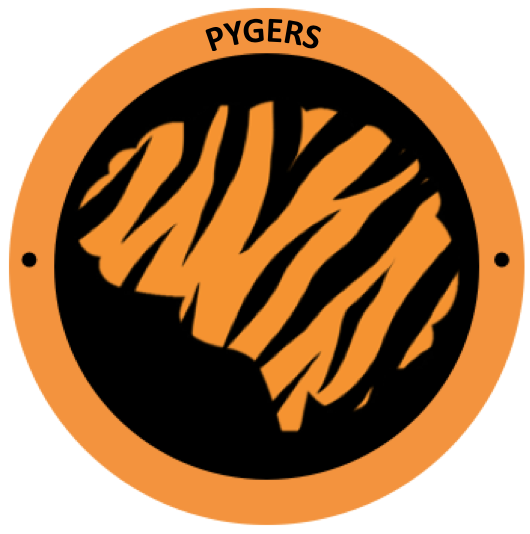Open Science Framework¶
Open Science Framework or OSF is a free and open-source project management tool that helps researchers manage, store, and share research material (documents, code, data, pre-registration, preprints, etc) throughout the entire research lifecycle.
OSF HOME: A personal repository of public or private ‘projects’. Each project contains a wiki, file storage, ‘components’ (file structure), and tracks changes. Users also have the option to assign the project tags, copyright license, create a DOI, and integrate a number of ‘Add-Ons’ including GitHub, figshare, DropBox, Google Drive, Amazon S3, etc. The integration of Add-Ons allows the user to have an OSF repository without the need to duplicate research materials already available in other tools (such as data in a GitHub repository).
OSF REGISTRIES: An open repository of pre-registrations for experimental science. Pre-registrations do not need to be discipline or subject-specific and can follow a number of templates including AsPredicted.org, Registered Report Protocols, Replication Recipe (Brandt et al., 2013), Post-Completion, etc.
OSF PREPRINTS: An open preprint repository. Preprints do not need to be from a specific subject or discipline. However, a number of preprint repositories use OSF’s open-source infrastructure, including PsyArXiv, MetaArXiv, and MindRxiv.
Extras available to Princeton researchers¶
Good to know¶
Longevity: OSF has funding for the next 50 years.
Individual file size limit: 50GB
Storage limit per private project: 5GB
Storage limit per public project: 50GB
Additional storage can be added through the use of Add-Ons such as GitHub, figshare, or Dataverse
Create an account¶
Go to OSF
Click ‘Sign in through institution’
Create an accout with your Princeton email address
Getting started¶
Getting Started with OSF Getting Started with OSF [2min video | 55min video]
Examples of work at Princeton¶
Index of public repositories and pre-registrations by Princeton researchers.
Musslick, S. (2020, October 20). Supplemental materials for preprint: SweetPea: A standard language for factorial experimental design. Retrieved from osf.io/b4nsy
Cheek, N. N. (2020, September 4). Seeing the subjective as objective. Retrieved from osf.io/5cfbt
Goldberg, A. E., Mon, S. K., Nencheva, M. L., Citron, F., & Lew-Williams, C. (2020, October 11). Pupillometry Data and Analysis. https://doi.org/10.17605/OSF.IO/DSN9W
[Pre-registration] Baek, S., Testerman, M. M., & Emberson, L. (2020, July 29). Attrition Rate in fNIRS-Based Infant Cognitive Neuroscience: A Meta-Analysis. Retrieved from osf.io/uc436
[Preprint] Kumar, M., Michael Anderson, Antony, J., Baldassano, C., Brooks, P., Cai, M. B., … Norman, K. A. (2020, December 9). BrainIAK: The Brain Imaging Analysis Kit. Retrieved from osf.io/db2ev
